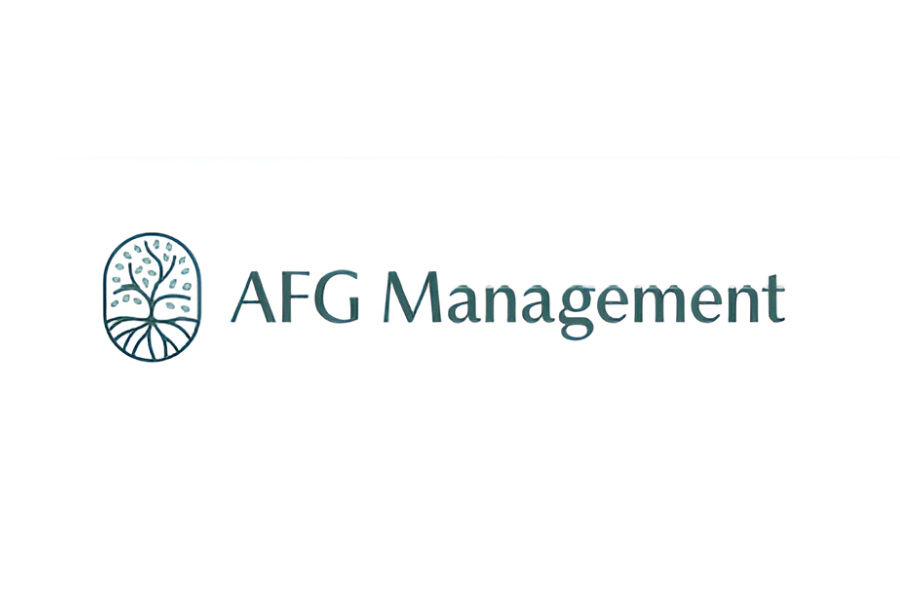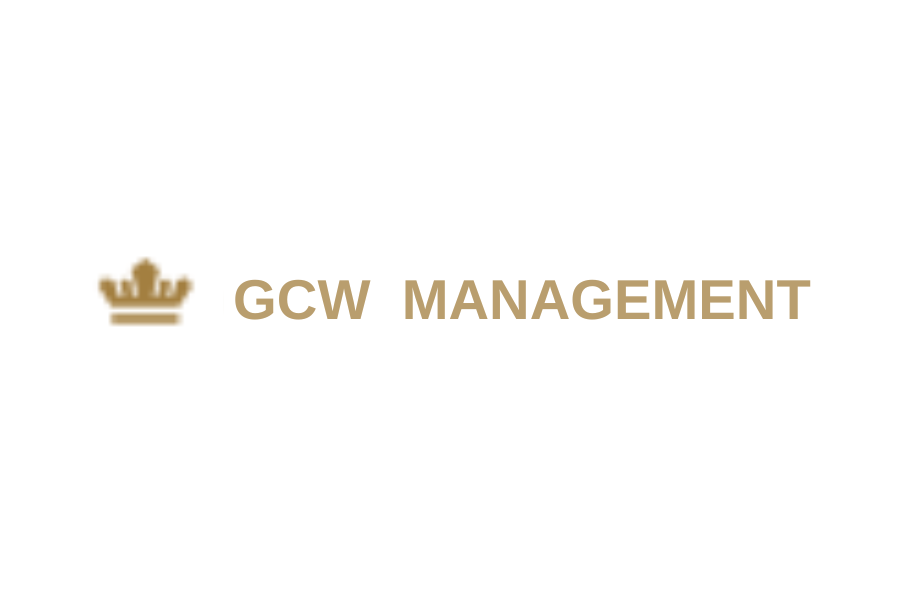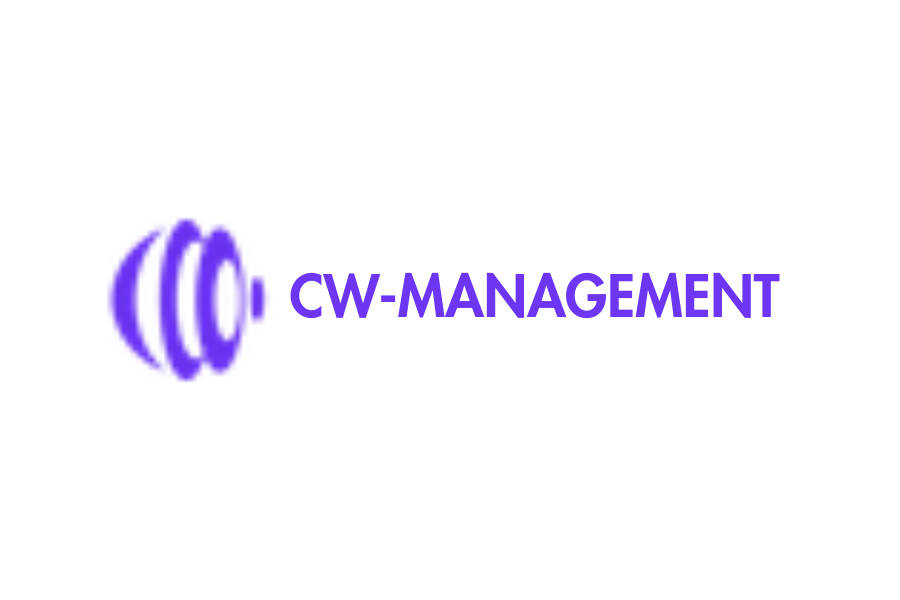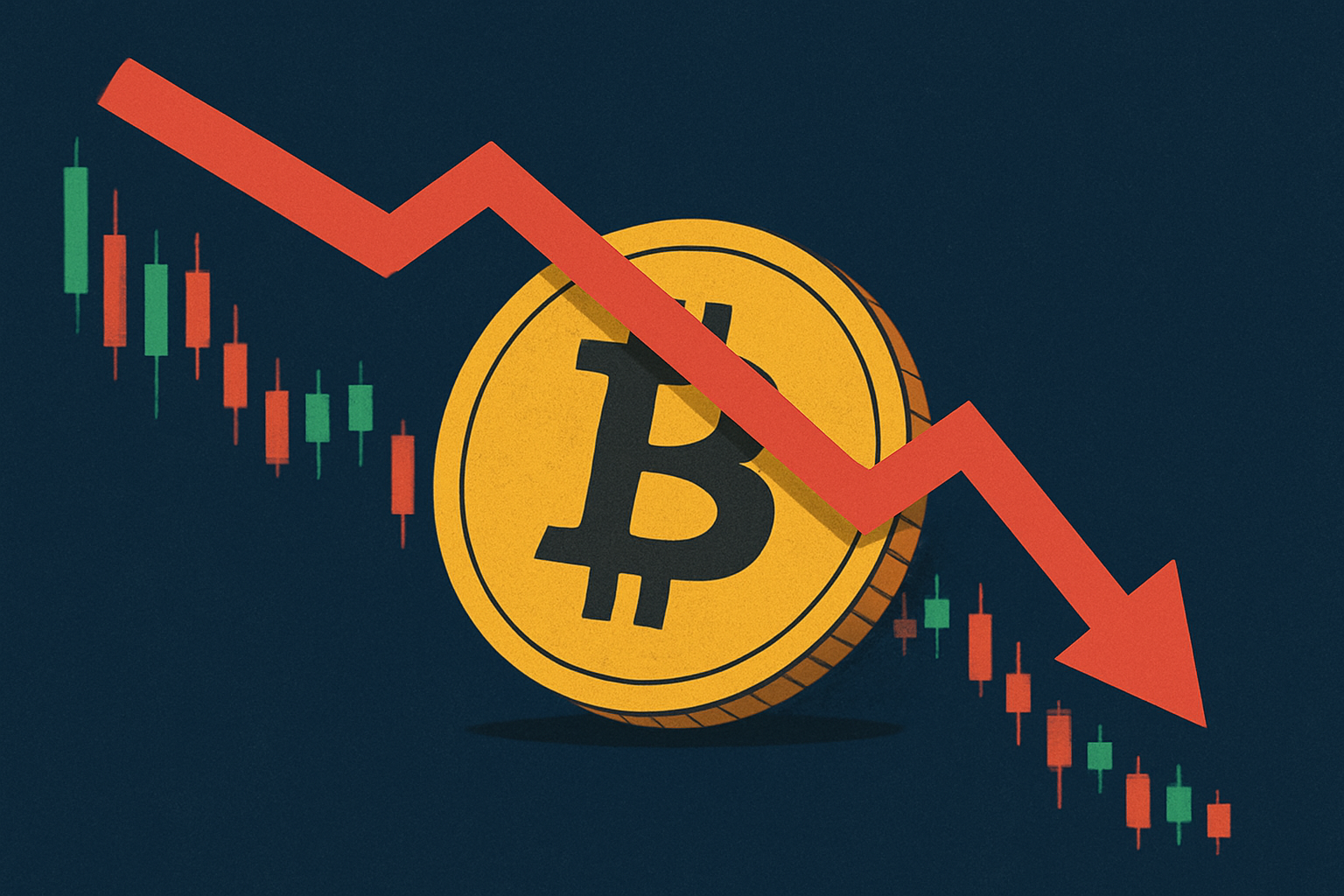Introduction
In a significant development that has caught the attention of global markets, cryptocurrency exchanges operating in the United Kingdom have begun implementing robust measures to comply with the latest regulatory standards set by UK financial authorities. This move comes as the government intensifies its efforts to establish a secure and transparent environment for digital asset trading, aiming to protect investors and mitigate risks associated with cryptocurrency transactions.
Regulatory Background
The UK’s Financial Conduct Authority (FCA) has recently introduced a series of stringent regulations designed to curb the risks associated with the volatile cryptocurrency market. These regulations focus on anti-money laundering (AML) procedures, counter-terrorist financing (CTF), and consumer protection. The regulatory framework is part of the UK’s broader strategy to become a leading hub for fintech and digital assets, balancing innovation with investor safety.
Implications For Crypto Exchanges
For cryptocurrency exchanges, these new regulations mean a significant overhaul of their operational procedures. Compliance requires these platforms to conduct rigorous identity checks, monitor transactions continuously, and report suspicious activities promptly to the authorities. These measures are intended to prevent illicit activities such as money laundering and terrorist financing, which have been perennial concerns in the decentralized nature of cryptocurrency transactions.
Technical And Operational Adjustments
Adapting to these regulations involves substantial technical upgrades and operational changes for the exchanges. Many have had to invest in sophisticated software that can track and analyze transactions in real-time, detect patterns indicative of financial crime, and ensure all users are thoroughly vetted. Moreover, exchanges must now maintain detailed records of transactions for up to five years, providing law enforcement agencies with necessary data to investigate financial crimes.
Industry Response
The response from the cryptocurrency industry has been cautiously optimistic. While some stakeholders express concerns about the potential stifling of innovation and the high costs associated with compliance, others recognize the long-term benefits of increased legitimacy and investor confidence. By adhering to these regulations, exchanges not only comply with the law but also enhance their reputation among users who are increasingly concerned about security and transparency.
Case Studies
Several leading exchanges have already set a benchmark for compliance. For instance, a prominent London-based exchange has revamped its entire user onboarding process to include biometric checks and real-time identity verification, setting a high standard for customer due diligence. Another example is a major international exchange that has partnered with blockchain analytics firms to enhance its transaction monitoring systems.
Future Outlook
As the deadline for compliance approaches, all eyes are on the UK’s cryptocurrency market to see how well exchanges adapt to these changes. The success of these regulatory measures could serve as a model for other countries grappling with similar regulatory challenges, potentially leading to a more standardized global regulatory framework for cryptocurrencies.
Conclusion
The UK’s drive to regulate cryptocurrency exchanges is a landmark move in the quest to harmonize the dynamism of cryptocurrency markets with the rigorous demands of financial regulation. As exchanges begin to implement these new measures, the industry is set to enter a new phase of maturity, marked by enhanced security, better investor protection, and greater acceptance of digital assets as a legitimate component of the global financial system.
These developments underscore the evolving landscape of cryptocurrency regulation and signal a significant step toward the broader institutional acceptance of digital assets. As regulatory frameworks continue to develop, the ability of exchanges to adapt and comply will likely become a major determinant of their success and sustainability in the burgeoning crypto economy.











